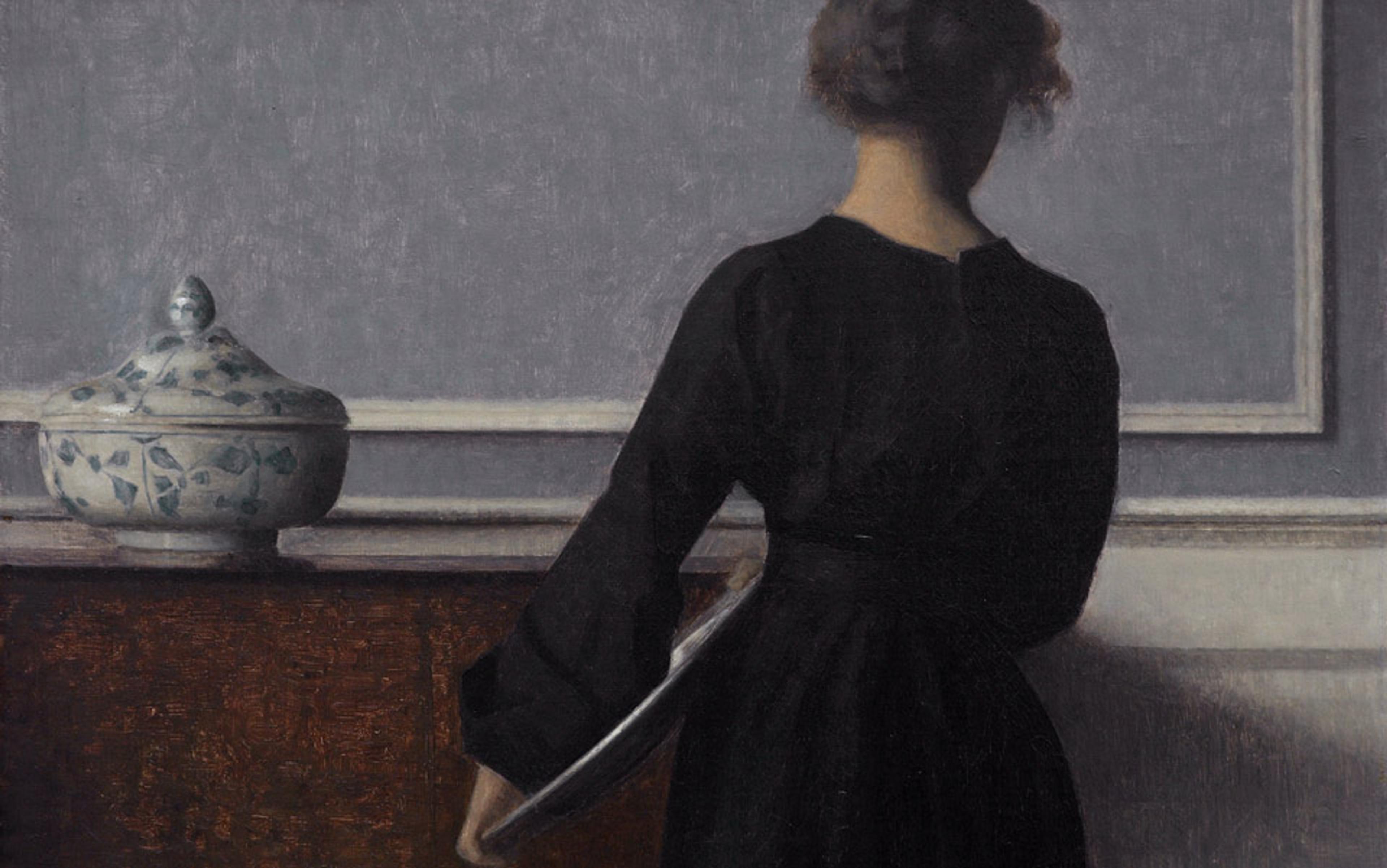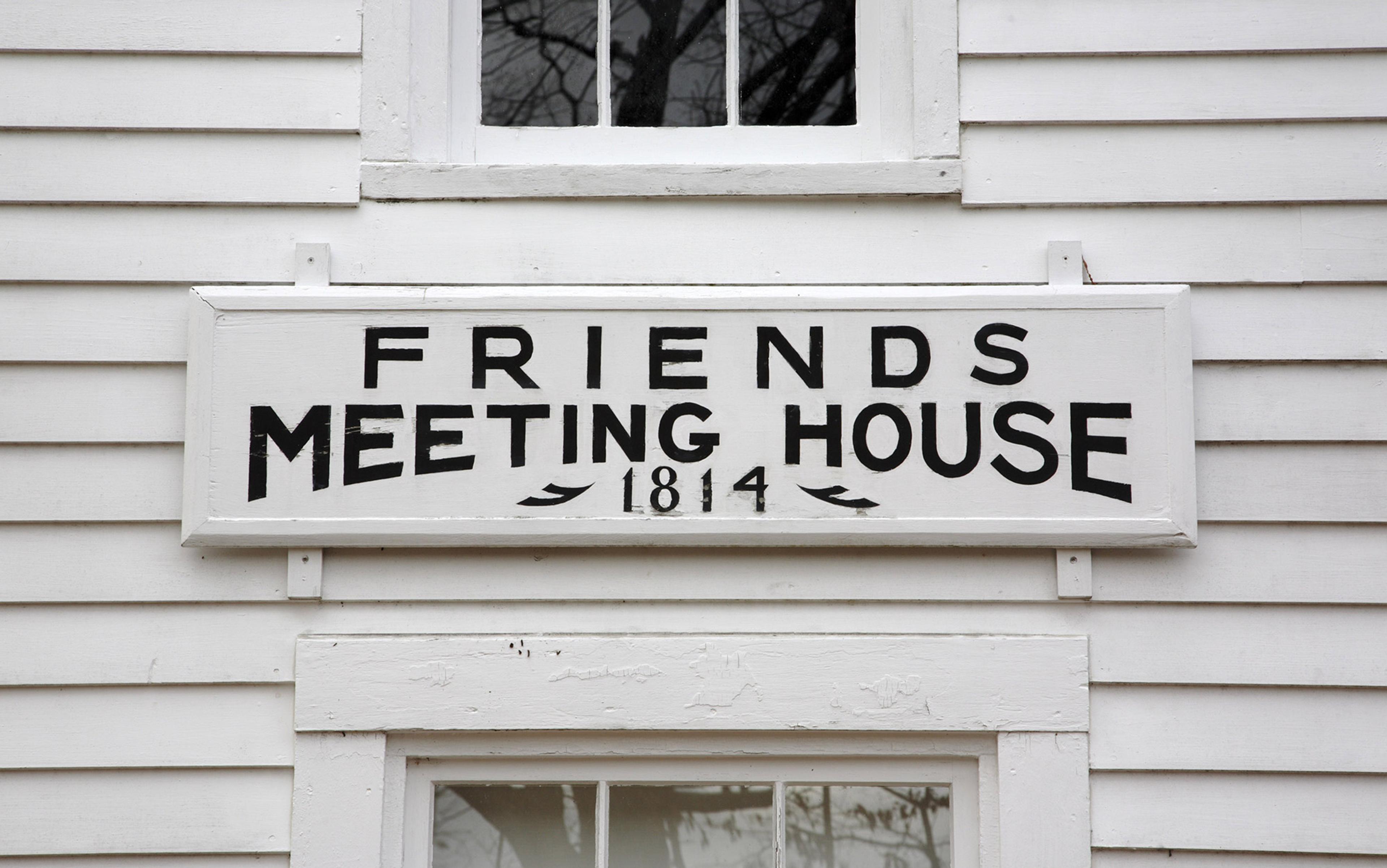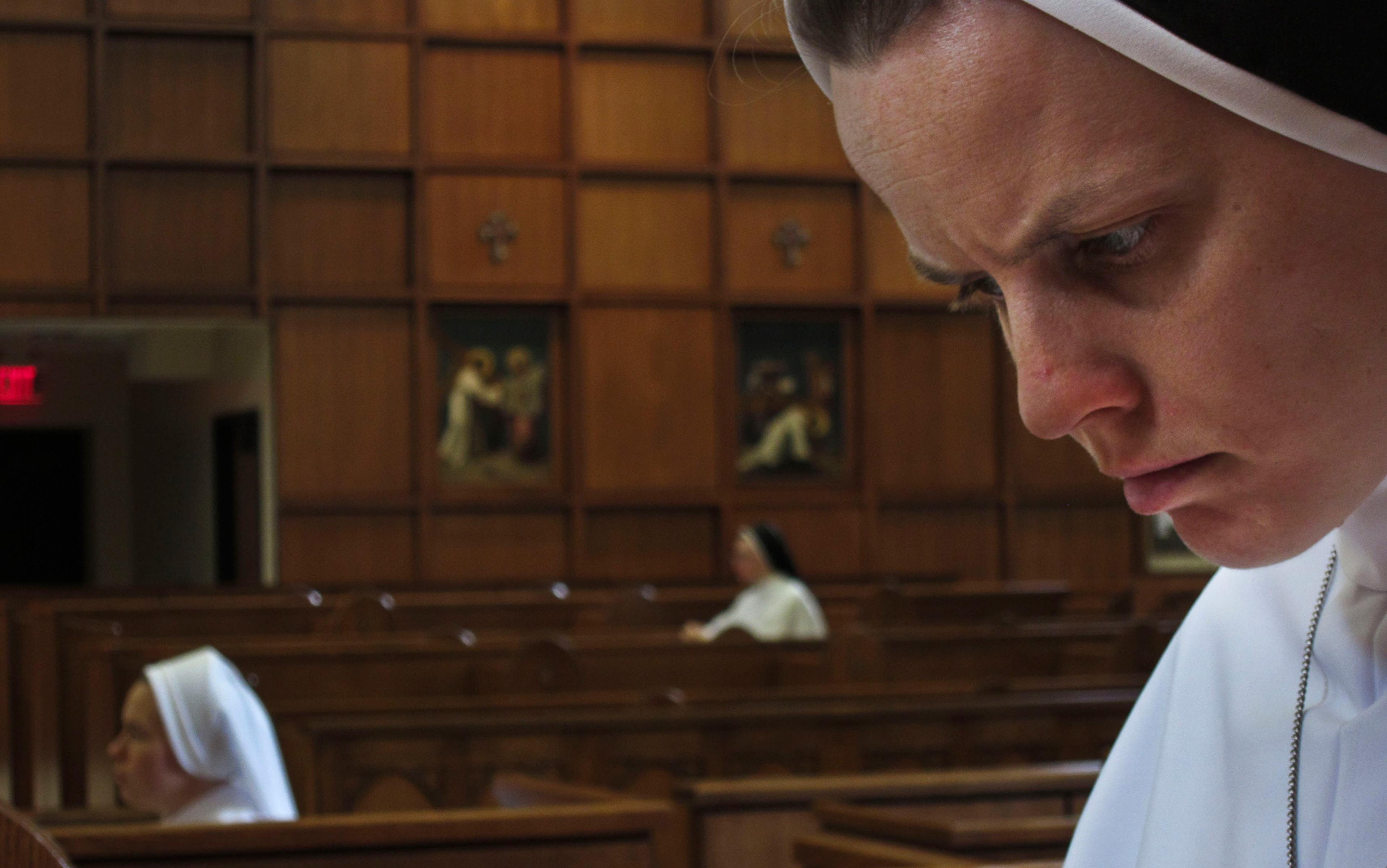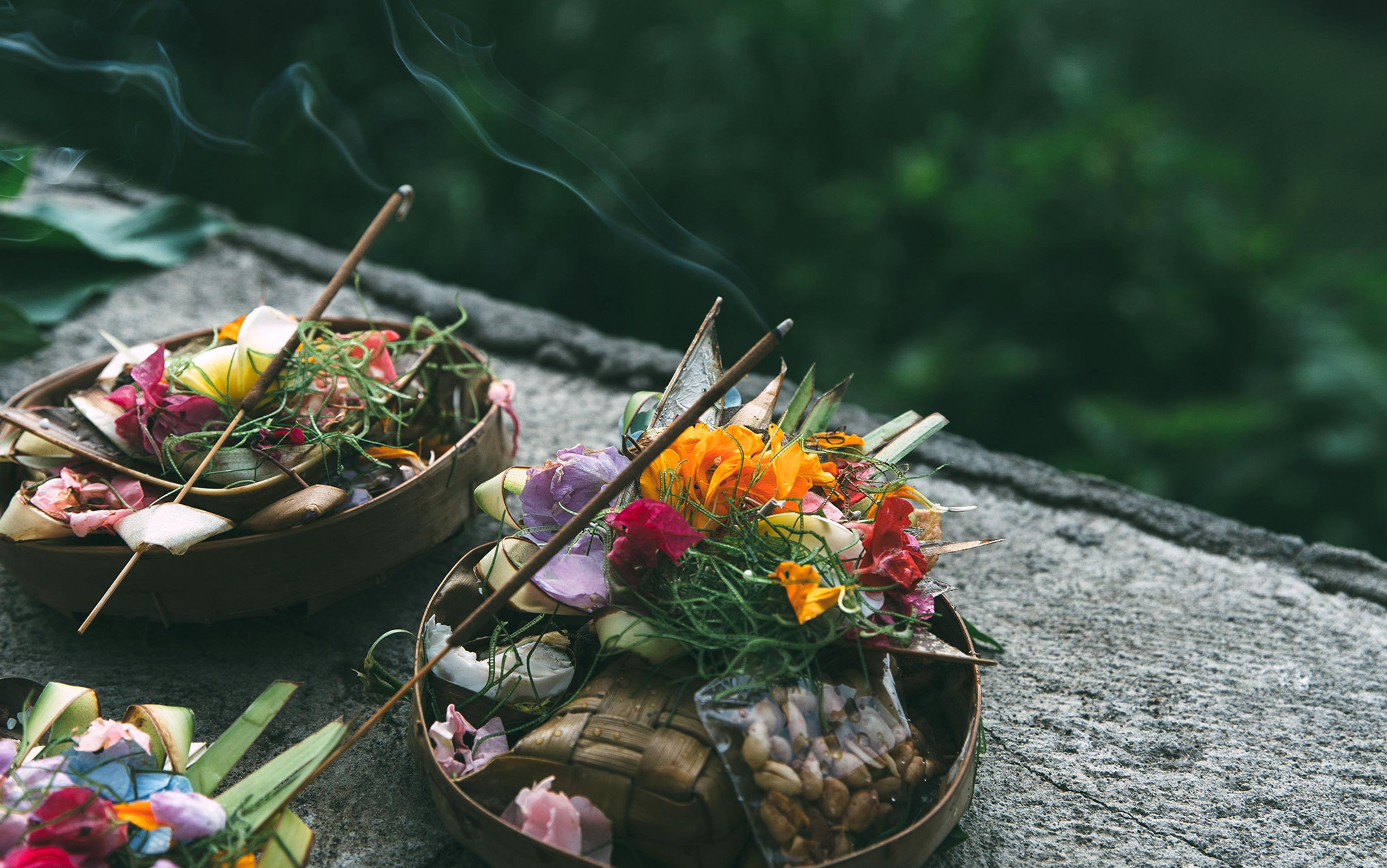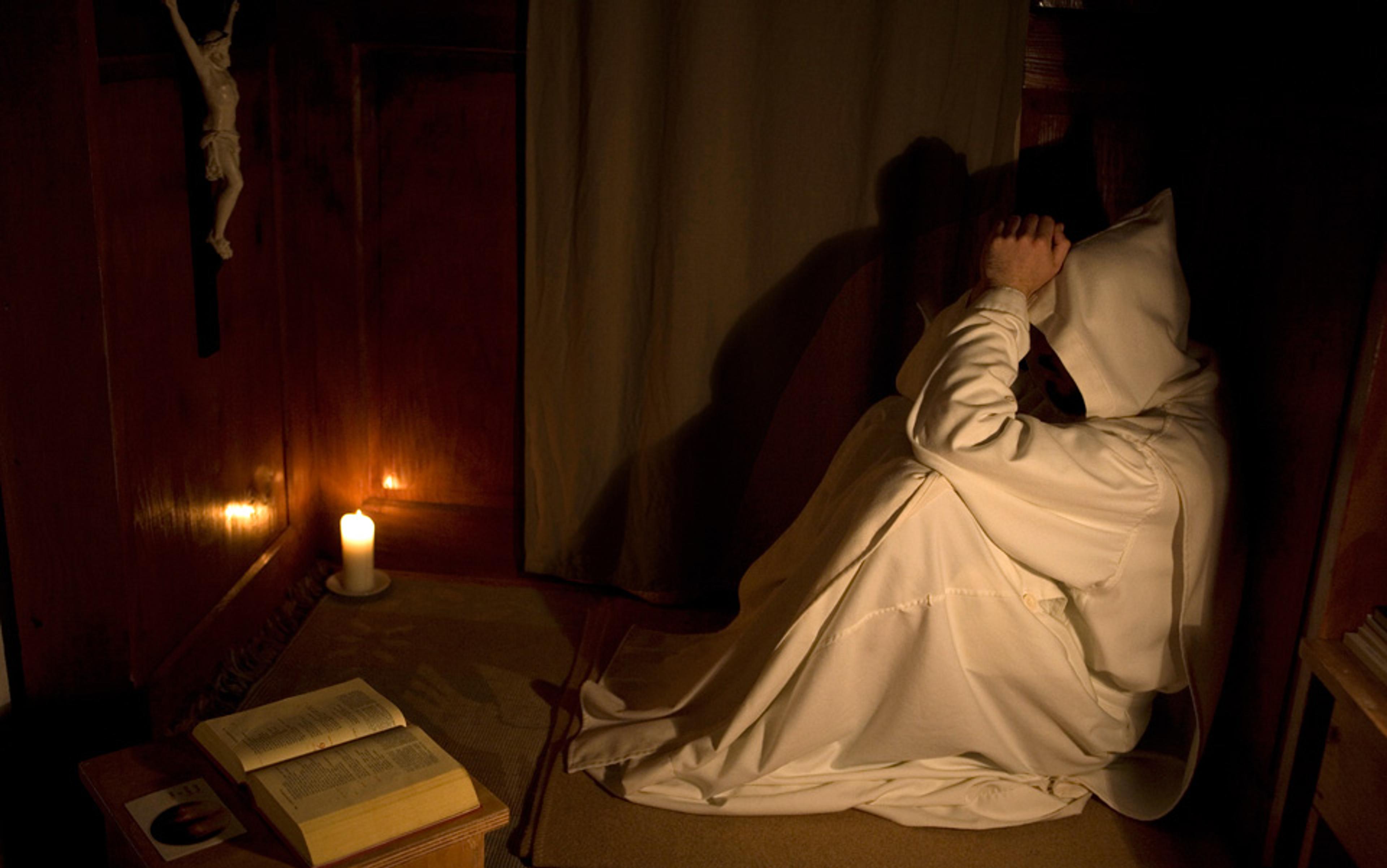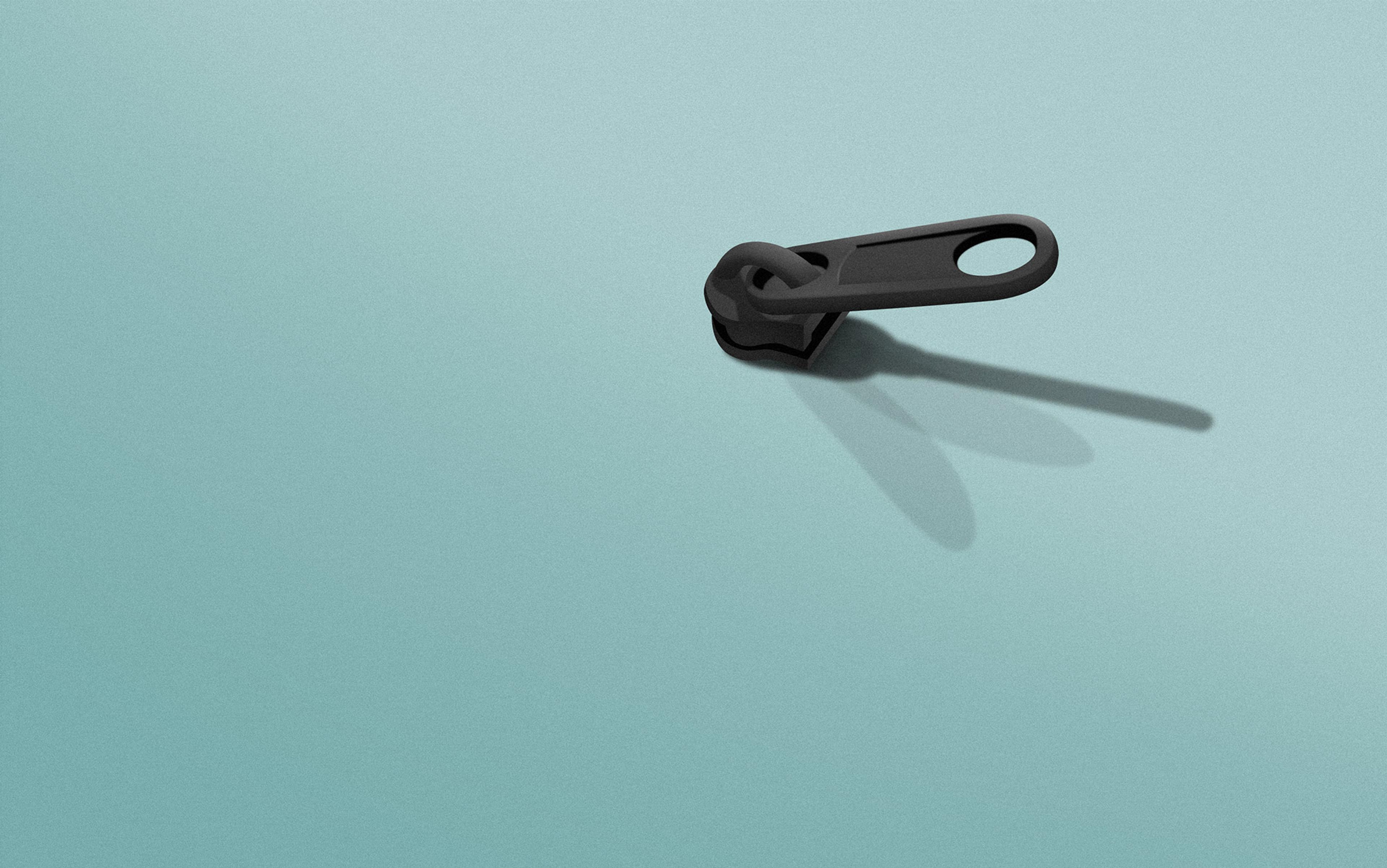I don’t believe in God, but I need some kind of a prayer to repeat when things go haywire. I need a prayer because, as a writer with several unruly dependents under my roof, each day is a rollercoaster, a crapshoot, an exercise in uncertainty. Will the morning go well? That depends on my eight-year-old’s ability to make some tough wardrobe choices and my five-year-old’s ability to face ‘colouring dumb stuff’ in kindergarten. Will the afternoon go well? That depends on my mood, my rate of caffeine ingestion, and whether or not words leap onto the page with ease or avoid it like a cat sidestepping a mud puddle. Will the evening go well? That depends on how my husband’s day goes, whether either of us has exercised, and whether there are groceries in the fridge.
After years of trying to manage all of the variables in this picture, I have to admit that I have only so much control over the day’s emotional trajectory. Even when my husband and I are both on top of everything (rare), someone in the family is still going to yell or cry or miss a deadline or sit in traffic for an hour. Admitting that I feel like a cork boat tossed on the high seas doesn’t help, since that’s exactly the sort of clichéd metaphor that tells me I’m going to have a terrible writing day and maybe also indicates that I’m not a writer at all.
See how the tiniest events can shift the barometer just enough to stir up a storm? My buoyant mood sinks. The day that felt so full of promise sags, landing in a haze of exhaustion and niggling worries by the time I crawl into bed.
I need a belief system. I need a morning ritual. I need to say some bold and glorious words out loud at the start of the day, to remind myself who I am and what I’m doing and what the point of it all is.
Unfortunately, I don’t like saying bold and glorious words out loud. So I need a prayer that’s not too prayer-like. I need a belief system that doesn’t require me to suspend my disbelief. My prayer shouldn’t conjure pews and crosses and a vengeful God, but also it shouldn’t conjure wind chimes and scented candles and middle-aged men in linen pants. I need to honour my soul, of course. Who doesn’t? But I want to do it in a way that doesn’t make me feel like I’m living in a douche commercial.
My soul – if I have one, which is still up for debate – is an angry misfit type of soul. It’s not a soul that likes cashew cheese or people who talk about their spirit animals. My soul likes a nice yoga class as much as the next soul, but it wishes the blankets there weren’t so scratchy, and that they’d play better music, and that the lady across the room wouldn’t chat nervously through the whole goddamn thing like her soul has been snorting crystal meth all morning. My soul would like for all the other souls to shut the fuck up once in a while.
My soul is not necessarily allergic to spirituality or to religion itself. It just feels suspicious towards bossy, patriarchal gods dreamt up by bossy patriarchs. Not that my soul doesn’t recognise that it’s a product of its environment! My soul is the first to admit that if my mother weren’t agnostic and I weren’t raised Catholic and I didn’t have a premature existential crisis after watching Horton Hears a Who! (1970) when I was eight, I could just go to church like all the other people who don’t like cashew cheese or wind chimes or men in linen pants. Then I could file into a pew and fold my hands in prayer and ask forgiveness for being such an irritable jackass. Unfortunately, my soul has spent lots of time with the Lord, and my soul is just not that into Him.
We need to know we’re pointed in the right direction but prayer is not just a spiritual version of Google Earth
I’m not alone on that front. In Religion for Atheists (2012), the philosopher Alain de Botton writes that although religions have a lot to offer – they ‘deliver sermons, promote morality, engender a spirit of community, make use of art and architecture, inspire travels, train minds and encourage gratitude at the beauty of spring’ – it can be hard for atheists to reap those benefits.
We might not need to know why we’re here, but most of us want to feel like we’re in touch with something bigger than our own fluctuating moods and needs, and that we’re pointed in the right direction. But prayer isn’t just a spiritual version of Google Earth. Beyond asking for guidance or expressing gratitude, it can be a way of nudging our intentions toward action. As Philip and Carol Zaleski explain in Prayer: A History (2005), ‘Prayer is speech, but much richer than speech alone. It is a peculiar kind of speech that acts, and a peculiar kind of action that speaks to the depths and heights of being.’
That sounds like a pretty tall order, until you consider how fundamental prayer has been to humankind since prehistoric times. There’s some evidence that Neanderthals buried their dead surrounded by flowers, and scholars have suggested that engraved bones from the site at Laugerie Basse in southwestern France depict humans engaged in prayer. Prayer has been used to ask for protection or rainfall, for inspiration, answers or healing, as well as in thanks or celebration or mourning. Prayer can communicate adoration or devotion, ecstasy or ‘mystical union’ according to the Zaleskis, who must be Jeff Buckley fans. But however prayer is used, it makes simple sense that it should feel more received than invented. So where does that leave those of us intent on inventing a prayer for ourselves out of thin air?
The web is certainly filthy with such inventions. Sniffing around for ideas to inspire my own daily ritual, I stumbled on several individuals determined to bring the passion and reassurance of prayer to non-believers. I particularly savoured the morning ritual laid out by a guy who calls himself the Allergic Pagan. Upon rising, he says a prayer to the sun, water, air and earth. His water prayer involves climbing into the shower, turning on the water, and reciting these words from the Hindu scripture the Rig Veda:
Eager for their course, forth flow the life-fostering rivers. Along steep slopes their course tumbles, inundating the deserts. The torrent makes a roaring sound like rushing rivers. The fairest courser of them all, you drive on the flood. And the mountains tremble at the birth of your effulgence.
I’m sure my shower head would find these words pretty life-affirming – and super flattering! But I’m less sure that they’ll help me.
In search of something a little less mystical, I landed on a website called Asian Efficiency, which advised: ‘The start of your morning ritual is your 500ml of water.’ Pretty heady stuff. Next, do some light exercise, eat breakfast, and then ‘set your goals and outcomes for the day’. Doesn’t that sound romantic? But cool your jets, dreamer, because you’ll need to reference ‘your goals, your schedule for the day and your task-management system’. Merely imagining a task-management system makes my head hurt.
Anxious for a routine that feels a little more lively, I found a web page promisingly titled ‘How to Be Unstoppable Everyday of Your Life’. Its author, Stefan Pylarinos, says the goal of a morning ritual is ‘[t]o make you the most important thing in your life, and to ensure that you’re at your best’. But I wasn’t aiming for unstoppable, just less stoppable.
After a few hours of sifting through morning rituals that don’t feel quite right for me, I landed on an article in the Washington Post about Sigfried Gold, a self-described ‘born-again atheist’ who made up a prayer for his family to say every day, to a deity he created himself: a ‘15-ft-tall goddess he named “Ms X” after Malcolm X’. The article reports that ‘[t]here are drawings of her around the house, as well as spiritual pieces of art’. As Gold explains on his website: ‘[M]y personal relationship with this figment of my imagination has helped me to lose 110 lbs, to quit frittering away half or more of every workday on stupid web surfing, to become a devoted husband and father, to put aside cynicism and anger, and be generally optimistic and friendly even towards people who used to drive me nuts.’ He also writes: ‘Four years ago I was a gloomy, depressive cynic and grump, a perpetual complainer, exuding resentment at any person or fact of life that might require me to rise from whatever comfortable chair I was wallowing in. Today I am a perky, middle-aged man bubbling over with hope and reverence.’ Sounds like I should start praying to Ms X, too.
I’m a writer, so I don’t need to make me the most important thing in my life. I’m already there
Still, there’s something a little embarrassing about creating your own God. Just imagine if everyone did it: ‘My God is a voluptuous sea monster with gorgeous green eyes who speaks only in gentle whispers and serves fresh sushi.’ ‘Well, my God rides a purple dragon that shoots ice-cold Peroni beer from its mouth. He’s a benevolent, forgiving, super-sexy shirtless God…’ ‘Hmm. Your God looks just like Idris Elba.’
In fact, none of the morning rituals, pagan practices or made-up religions I read about resonated with me that much. I might be able to pray to my shower head for a few days in a row, but earth, wind and fire don’t really do it for me unless they’re singing ‘Let’s Groove’. Praying to task-management systems isn’t mystical enough for my blood, but praying to the sun is a little too mystical. And somehow, the Tony Robbins-flavoured self-actualisation prayers leave me cold. I’m a writer, so I don’t need to make me the most important thing in my life. I’m already there. Even creating a God out of thin air strikes me as a little egocentric. You might love your invented God, but you are your God’s inventor and creator. In other words, you are the God of your God. What could be more narcissistic than that?
One of the reasons I want a prayer is to remind myself to serve other people more. I want to help my kids and my husband and my wider family and my friends to be their best.
I also find this relentless focus on achieving a calm state of mind flaccid and uninspiring. Most prayers seem an elaborate effort to exert control over a wild world, to shut out anger, uncertainty, mixed feelings and messiness. But I don’t want to shut out those things completely. I don’t want to pad around with my hands in anjali mudra, strewing beatific smiles. Sure, I’d like to feel relaxed enough to help my kids when they’re freaking out about something small, which seems to be their natural resting state. But I also want to laugh and dance and make fun of stupid things and roll my eyes and speak in bad accents and make dumb jokes. We live in an imperfect, unjust world and I want to express my anger at the way the world is. I don’t want to be one thing – centred, sweet, good. I want to be funny and petulant and sometimes angry, too.
Besides, isn’t shutting out darkness, uncertainty and chaos sort of antithetical to creating art and honouring everyone and everything that came before us? If there is some energy or force in the world that binds us together (hello, Star Wars!), it can’t just be here to make us rich, or to make us more efficient professionals. I don’t think my aim should be to be ‘the best possible person’ or to create ‘the best possible life’. We’re all cudgeled by this constant internalised pressure to be more successful and God-like. But I don’t want to see my life as a never-ending quest for self-improvement, and I certainly don’t want my prayer to suggest such a quest.
If anything, at 44, I want to acknowledge that I have everything I need. My prayer can’t be based on me getting more. I want to work with what I have and appreciate it. But I also want to embrace my inner Oscar Wilde, my inner Dorothy Parker. I want to make a little space for my darkness, instead of endlessly swallowing it back like sewage into a freshwater system.
Without honouring both darkness and light, you’d turn a Georgia O’Keeffe painting into a Hallmark card. This world is not all gauzy sunlit pastures filled with flowers and fairies. There are storm clouds moving in and demons laughing from the trees and monsters in the heating vents, plotting our demise. We are cornered, and we’re not always up for a fight. And what we do have will come to an end. Clinging more tightly won’t help.
So my morning prayer needs to be hopeful, but it also must acknowledge how hard it can be to stay that way. It should reflect my ambivalence and anger, but also focus on savouring the day and serving others.
After a lot of pretty terrible drafts, here’s what I landed on:
You are a bright, burning light. Don’t let a bunch of insects convince you to hate yourself for it.
You are a bright, burning light. You have everything you need. You have plenty of time. Breathe in every moment. Make this day last a year. Give your love.
I said this prayer to myself every morning for almost a week. Then I took out the part about insects. Who wants to think about insects every morning? That made me see why positivity is such a central part of most practices and rituals. Admitting that you’re angry or that the world is a mess can feel good. Repeating negative ideas just feels discouraging.
Midway through week three, the whole prayer felt superfluous
Sometime during the second week, I stopped wanting to call myself a bright, burning light. I feel pretty good already. I wasn’t sure I needed to be so bright and burning. I was starting to sound like an untreated infection.
Midway through week three, the whole prayer felt superfluous. So instead, I just lay in bed and tried to think of every member of my family and every one of my closest friends. I started with my husband, my kids, my mother, my sisters, my brother, their spouses and kids, my aunts, and my father, who’s been dead for 19 years. Then I listed my close friends. I put them in alphabetical order so they were easier to remember.
The next day, it was much easier to remember everyone, even though it had been hard the first time.
And by the third day, the names felt almost like a prayer.
It’s been a month, and now every morning I just say my prayer of names. Doing that makes me realise that I do have a belief system: almost everything is superfluous, except people. People matter. And there’s a strange emancipation that comes from acknowledging the people you love, and giving them your love, even when you know they can’t always understand you, accept you or love you back. People are flawed. But people will surprise you.
We aren’t on this Earth to improve endlessly, forever approaching infinite perfection but never quite getting there. We are here to notice the enormity and beauty of everything around us, and to notice each other – to notice how flawed we all are, and feel connected anyway.
